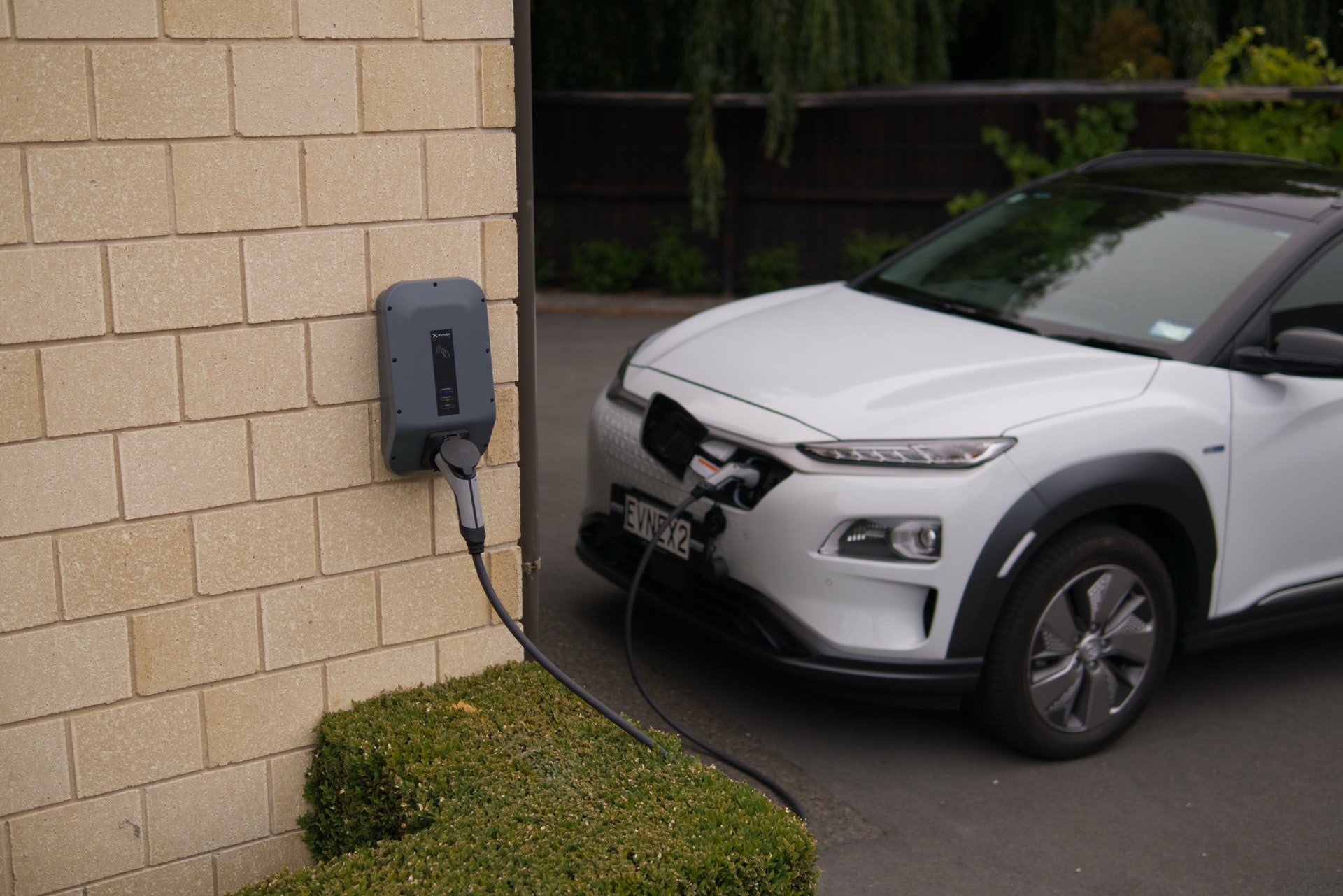
Electric cars are growing in popularity every single day in the UK. With so many changes being planned for the UK and its carbon emissions, electric cars are now more promoted than ever before, but one common query that comes with getting one is if you need planning permission to install the charging points that come with them, according to legislation. Even more so, the installation regulations for electric car charging points in the UK in general.
The answer is generally, no. Electric car charging points and their installation in the UK is covered by the Permitted Development order, or Schedule 2, Part 2, Class D of The Town and Country Planning Order, to be precise. That means that as long as you meet the basic requirements of them being smaller than 0.2 cubic metres, more than 2m away from the road, and placed on a driveway that is legally identified as off-street parking, it should be permitted without issue and without permission.
There is of course slightly more to it, but this is the general consensus from a legal standing point.
Wall Mounted charging Points
Wall mounted charging points are the most common type of EV charging facility that will be seen in a residential setting. They are simply installed to the outside of a wall on your property and are ideal for connecting to any driveway style.
The planning portal outlines their regulations for these electric car charging installations to be anything that does not:
- Exceed 0.2 cubic metres
- Face onto and be within two metres of a highway
- exist within a site designated as a scheduled monument
- Be within the curtilage of a listed building.
This includes the casing as well as the charging equipment itself, and only under the permitted development order. Anything larger may still be acceptable, however will need different types of planning approval.
Upstanding Charging Points
Upstanding charging points are very similar in regulations to their wall mounted counterparts, but do have a few differences never the less:
- Exceed 2.3 metres in height from the level of the surface used for the parking of vehicles. This limit is 1.6 metres where in the curtilage of a dwellinghouse or block of flats
- Be within two metres of a highway
- Exist within a site designated as a scheduled monument
- Be within the curtilage of a listed building
- Result in more than one upstand being provided for each parking space.
Upstanding charging points are typically seen more in public locations like businesses or public areas, but the options remain the same never the less.
New Build Housing
Another aspect of electric car charging points installation regulations in the UK as announced in November 2021 is that all new build properties and majorly renovations must be complete with electric vehicle charging points already a part of them.
Beginning in 2022, all new build housing will now have to be created with electric car charging ports installed as standard. That goes for major renovations that create 10 or more parking spaces. More on these electric car charging points installation regulations will be highlighted throughout 2022, but this is the initial outline provided by the UK government.





